These are the foods that we most regularly throw out
Don't waste – re-use
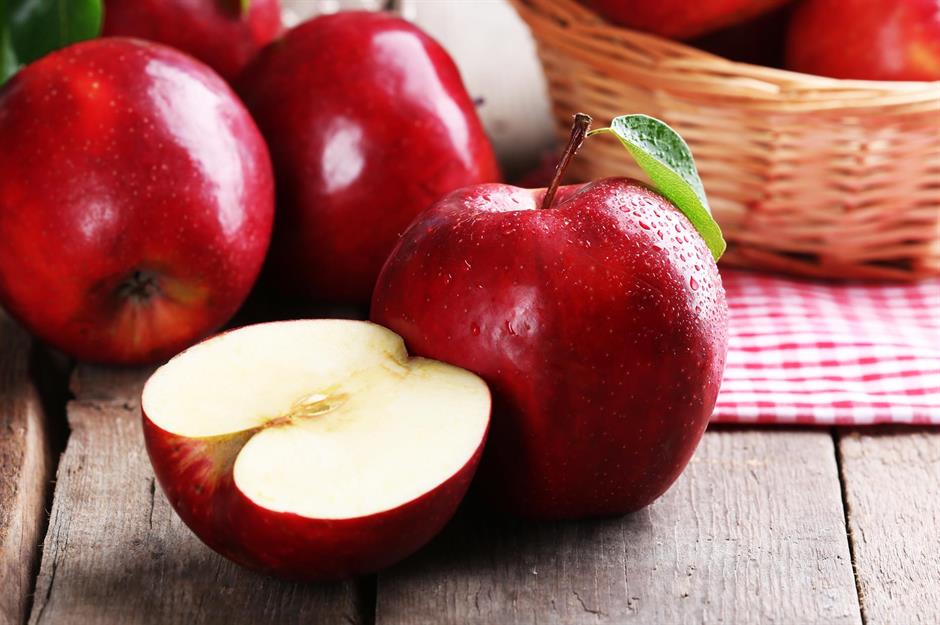
Over $200 billion of food goes to waste every year in the US, around 30-40% of the food supply, or 1lb/450g of food per person per day. In April 2020, the DFA reported that dairy farmers in the US had to dump 14 million litres of milk a day, among other produce, because of disruption in their supply route due to COVID-19. The good news is, we can all try to reduce this with better shopping, storing and cooking habits. Here, we've tracked down the offenders, from the least to the most, and provided tips, hacks and recipe ideas to make your food waste smaller, without compromising on tasty, nutritious meals.
Least waste: Table oils
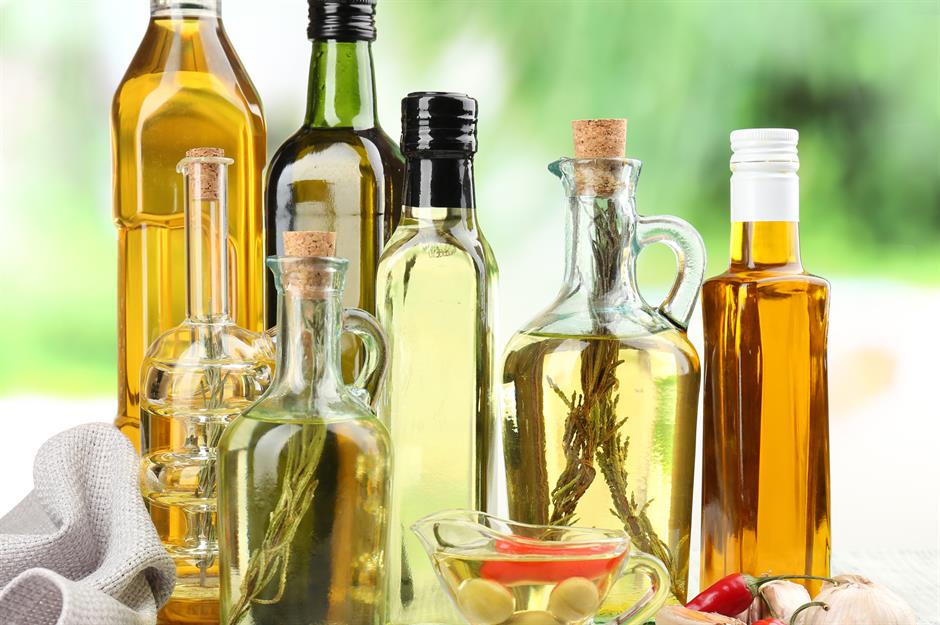
Why are we throwing out table oils? They need to be stored in a dark cupboard to retain their freshness. Some oils, especially nut and seed oils, can go rancid quickly. So try to buy in small quantities. If you've bought a bottle of toasted sesame oil for a recipe, which only calls for a few tablespoons, look up other recipes to incorporate it before it reaches close to its use-by date and expand your repertoire!
Least waste: Salad dressing
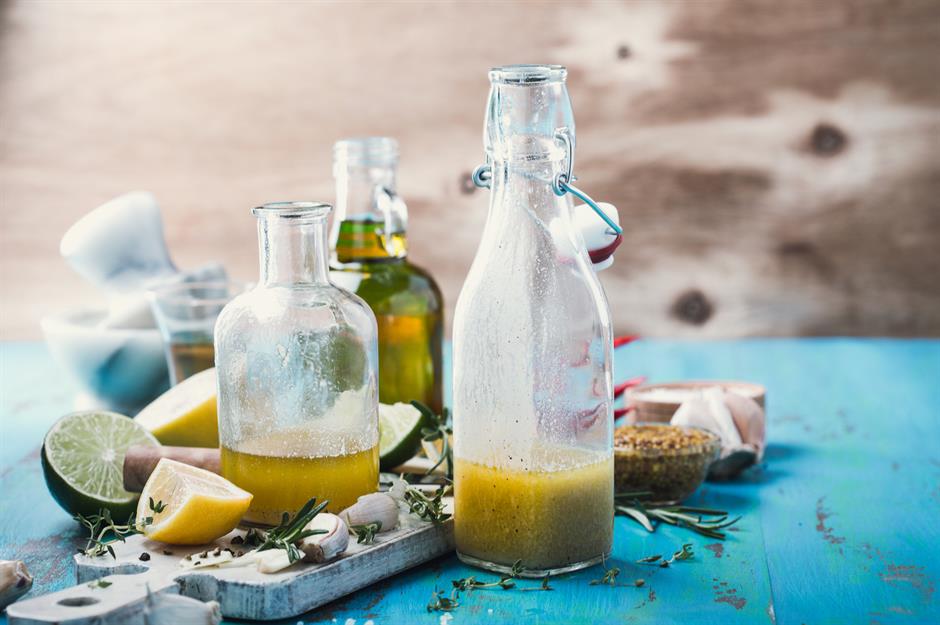
If it's being thrown out, it means it must be a shop-bought salad dressing, because homemade won't go off if you make it when you need it. And they are quick and simple, so this is a super-easy one to fix. Bought salad dressings will invariably have additives and too much sugar in them, so make your own.
Eggs
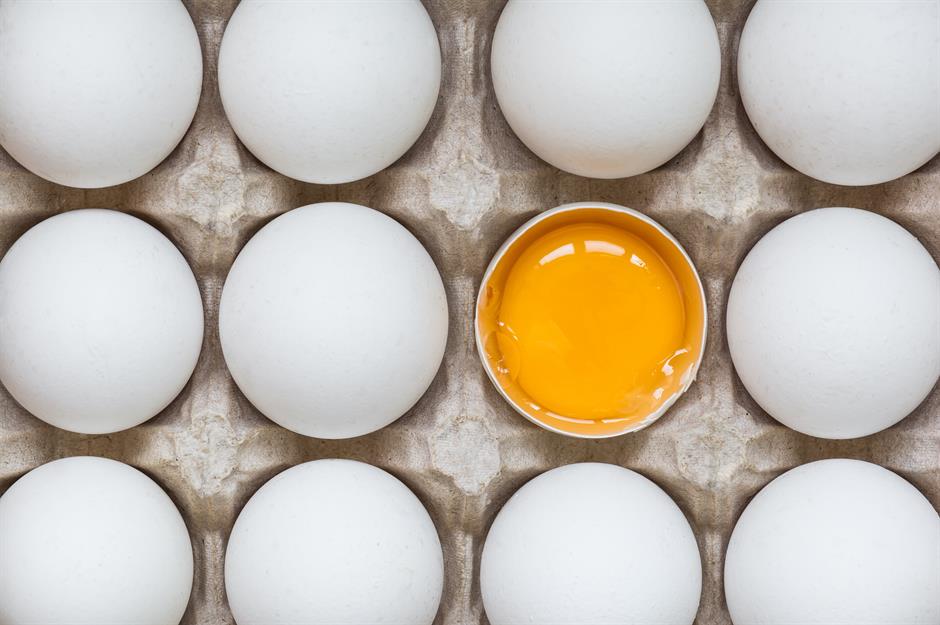
Eggs are so versatile, and they have a decent shelf-life. So we all just need to make a bit more effort and use them before they reach their best. From tortillas to a fab midweek spaghetti carbonara, there's no reason to bin them.
Nuts
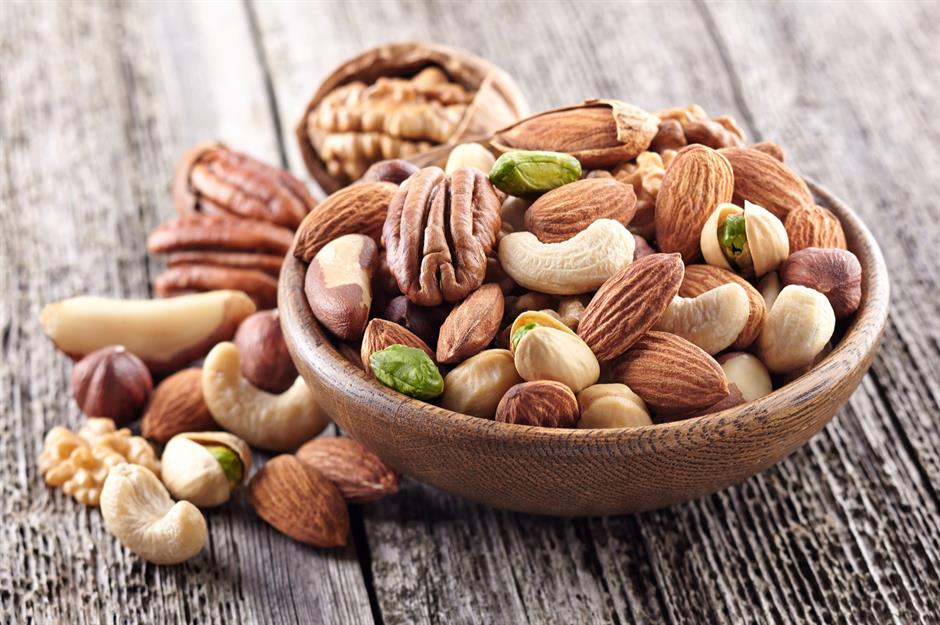
It doesn't take rocket science to see why we throw out nuts. We either fall into that trap of buying a massive bag of peanuts for a party, then forget to seal them up, or we forget about them in the cupboard. Most nuts have a high oil content, so they go bad quickly. Store them in the freezer once opened, and they'll keep for a month at least.
Seeds
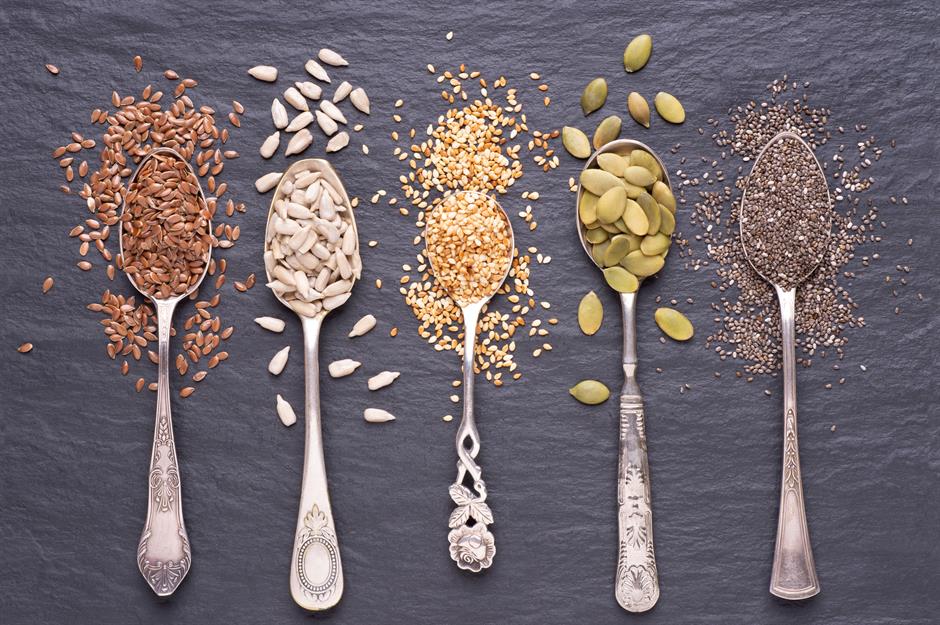
Potatoes
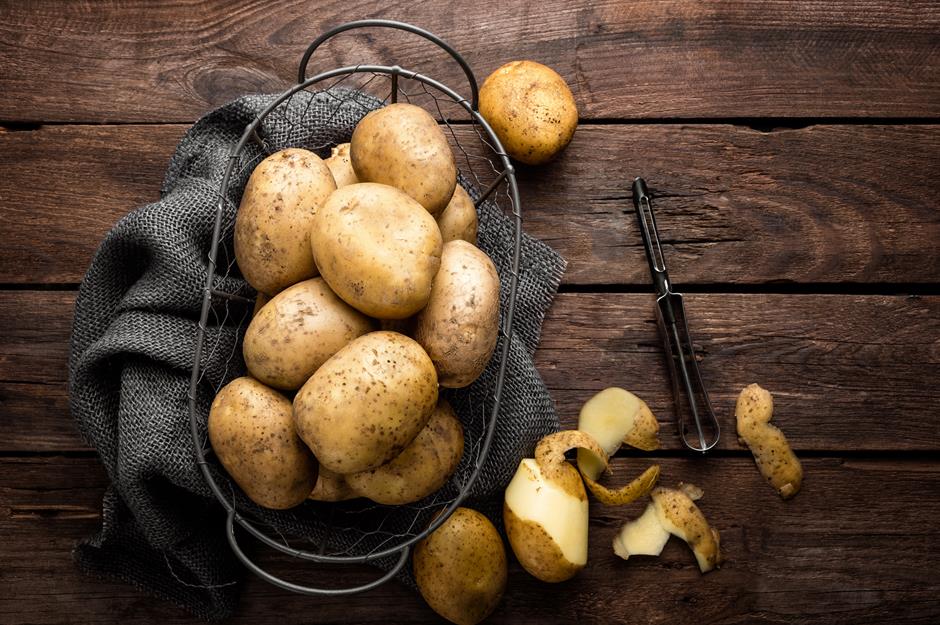
Most potato waste in households is due to incorrect storage. We are so used to putting everything in the fridge and that's definitely the wrong place to store a potato, where the moisture makes the potato damp and unusable. We also tend to buy them in large bags. Try to find a store where you can buy just what you need. Potatoes require a dark, airy cupboard where they aren't stored in plastic, which makes them sweat.
For potato ideas, check out our brilliant tips here
Pasta
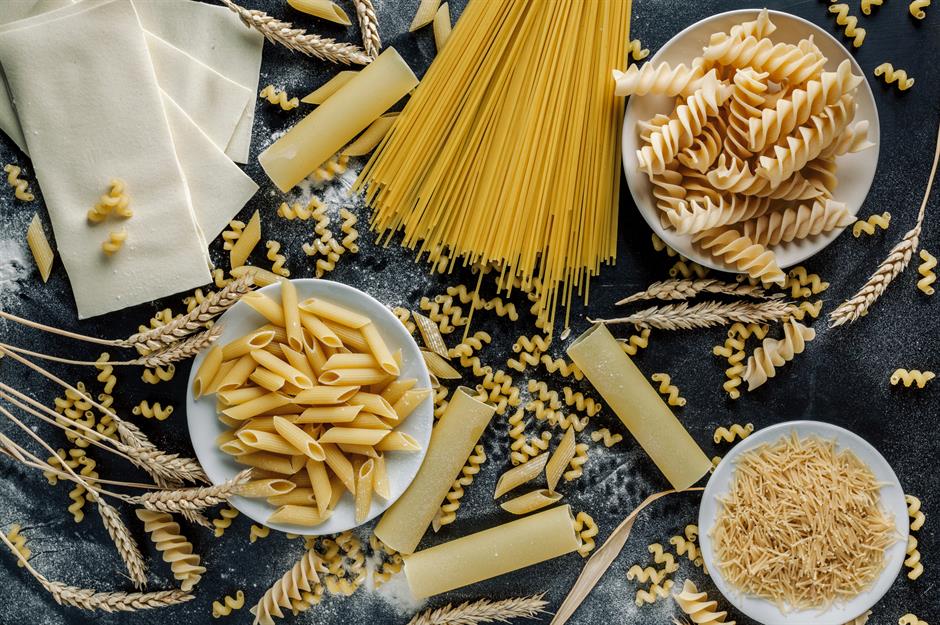
Grains are quite high on the list of foods which we throw away, pasta being one of them. It's not dried pasta which is heading for the bin, but cooked. Yes, we cook too much of it, because it's hard to judge the quantity. Start weighing it out and you will soon get an idea of the correct amount. For dried pasta, allow around 85g/3oz per person; fresh pasta 110g/4oz.
Rice
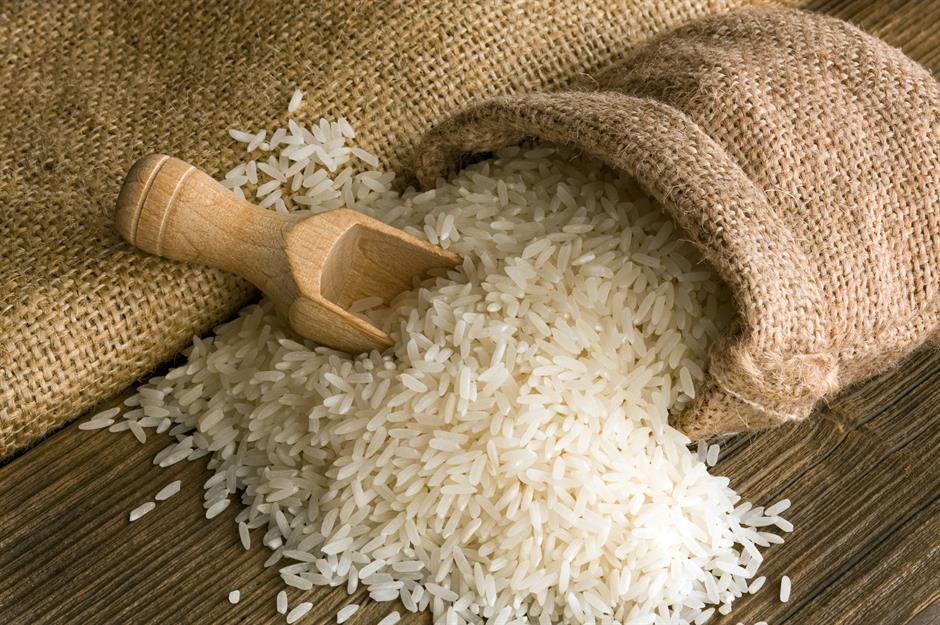
Rice falls into a similar trap to pasta. According to ivaluefood.com, part of charity Sustainable America, about a third of household waste is caused by people cooking or serving too much. Allow 2oz/55g per person and weigh it out. You can freeze leftover rice to use in stir-fries. Rice should be chilled very quickly (run it under cold water) then it can keep in the fridge for two days.
Oats
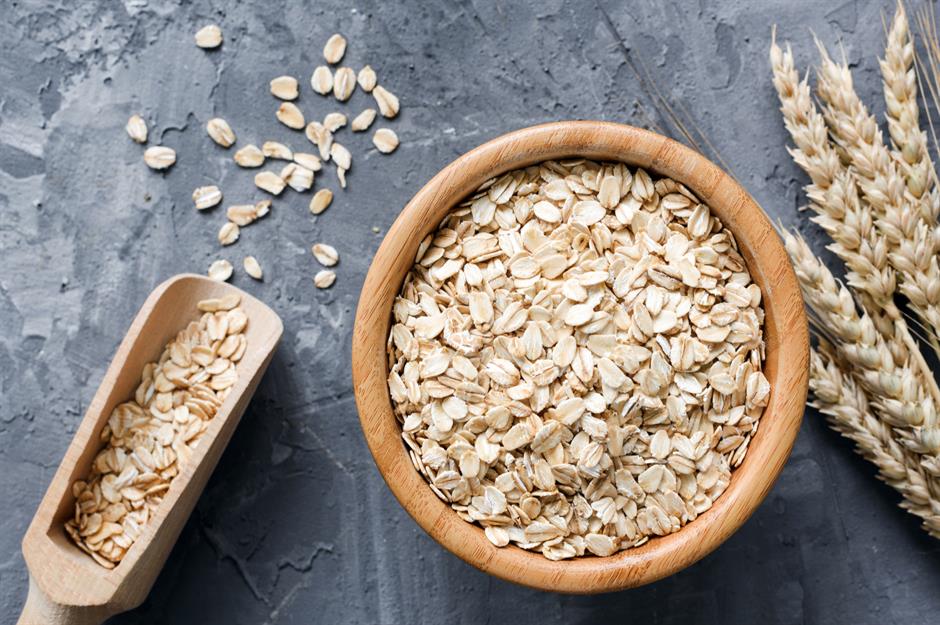
Oats are often sold in large packs. You need to decant them from their packet and store in an airtight container to prolong their shelf life. If you are making too much porridge, weigh the oats out and allow 2oz/55g per person. If you think you are never going to get through that large pack try making oat bars, which freeze brilliantly, for a handy snack.
Fish
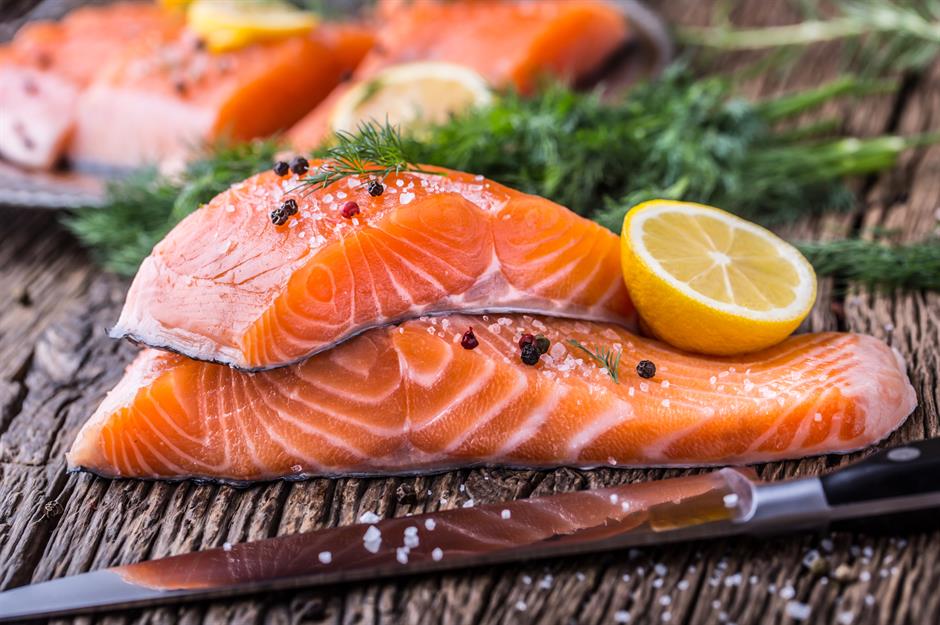
Fish is not a cheap food, but it's still up there on that food-waste list. Many of us fall into the trap of "buy one, get one free" or buy a large pack which is on special offer, then find we don't use it. Fish perishes quickly, so cook what's left and freeze it or turn it into fishcakes or a fish pie.
Shellfish
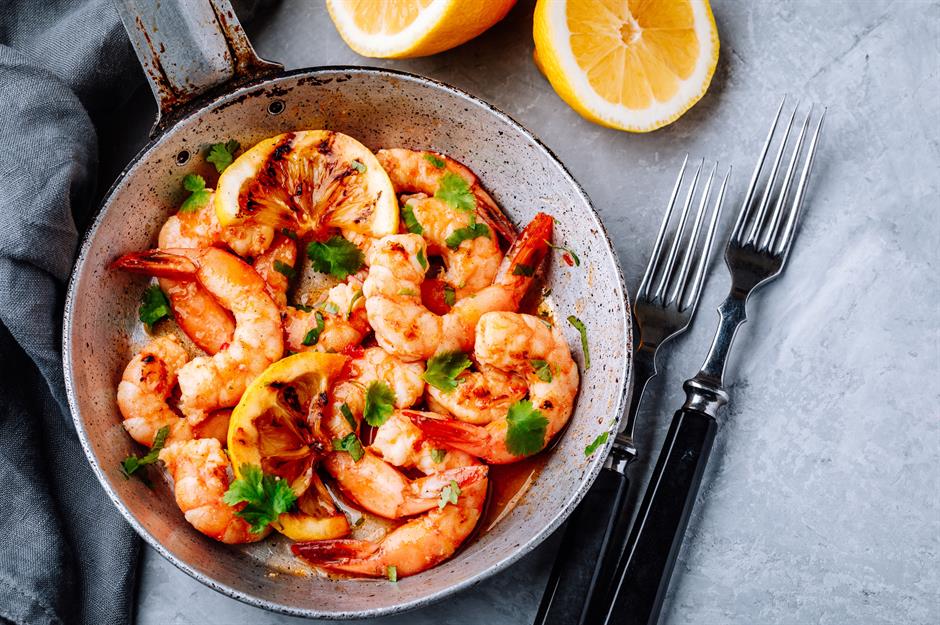
It's understandable that people are nervous of shellfish – if it's not super-fresh, it can make you very sick indeed. If you buy fresh, use it on the day you buy it. Frozen prawns or scallops are a great idea, as you can just defrost the amount you need for your recipe.
Meat: bacon
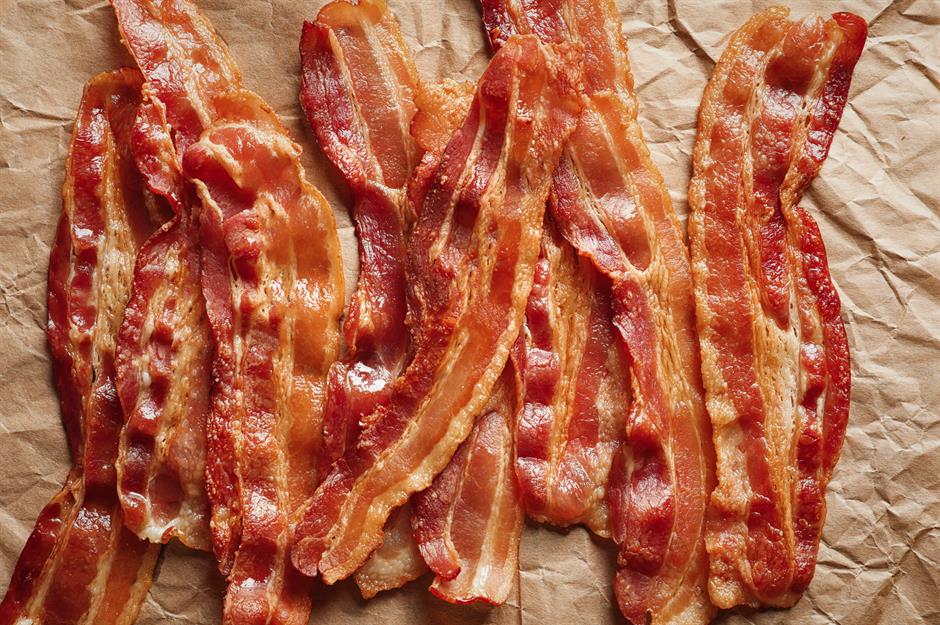
Meat and mixed meat dishes are the fourth most wasted foods. According to ivaluefood.com, 26% of meat products end up in landfill. So if that bargain pack of bacon is still lingering in the fridge, cook it until nice and crisp, then finely chop and use it in soups, salads and more.
Try these brilliant ideas for things you probably didn't know you could do with bacon
Meat: chicken
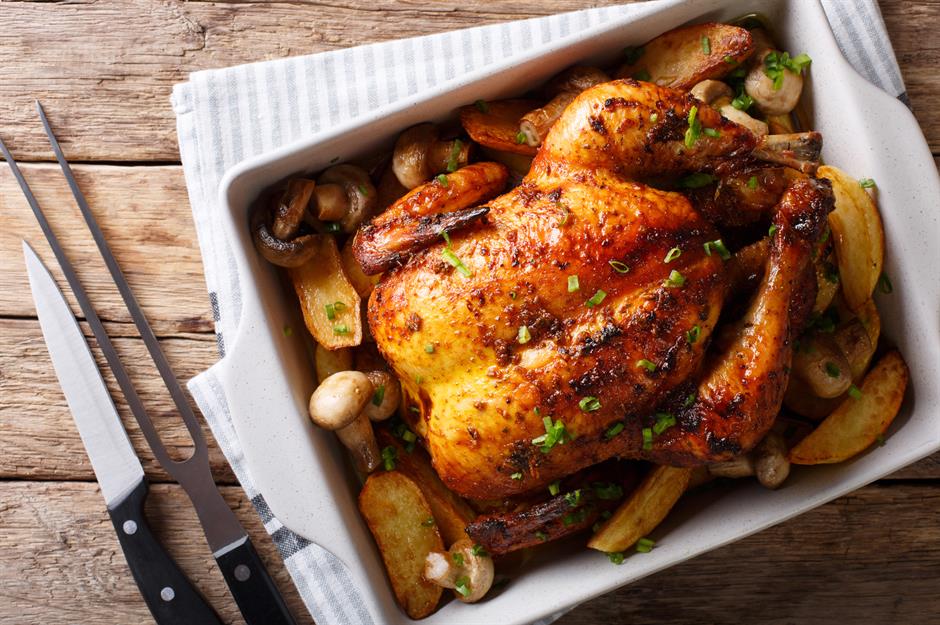
Chicken is included in the meat category for food waste. Don't be lulled into buying bargain packs so you have more than you actually need, and don't leave a few pieces of raw chicken lurking at the back of the fridge. Cooked chicken is so versatile, whether for a quick chicken and rice stir-fry, salads or for lunchbox sandwiches.
Need some inspiration? Try our genius chicken recipes the whole family will love
Meat: beef
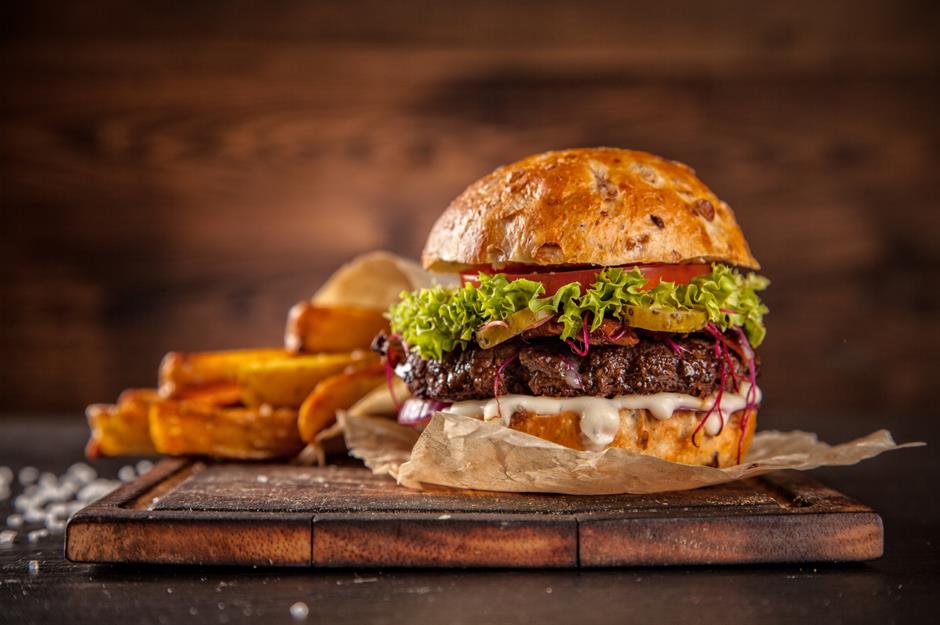
A large percentage of wasted beef is through fast food outlets, food service and farming. But in a UK poll, one in six respondents said they'd thrown beef away as it had gone past its sell-by date. Try to plan your shopping and cooking to avoid such waste. Leftover mince? Make then freeze your own burgers.
Meat: pork
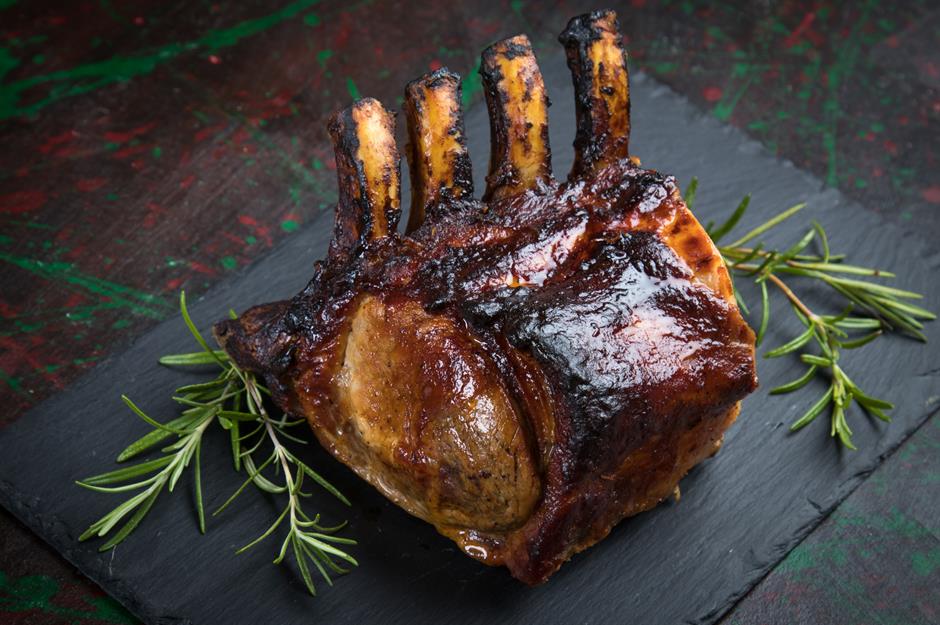
Menu planning with careful shopping is important to reduce our food waste. Buying a large joint of pork for slow cooking represents great value for money. There's plenty to do with the leftovers, so no need to put anything in the bin. Pulled pork leftovers, for example, can be used in sandwiches or in a taco, perhaps added to a stir-fry.
Bread
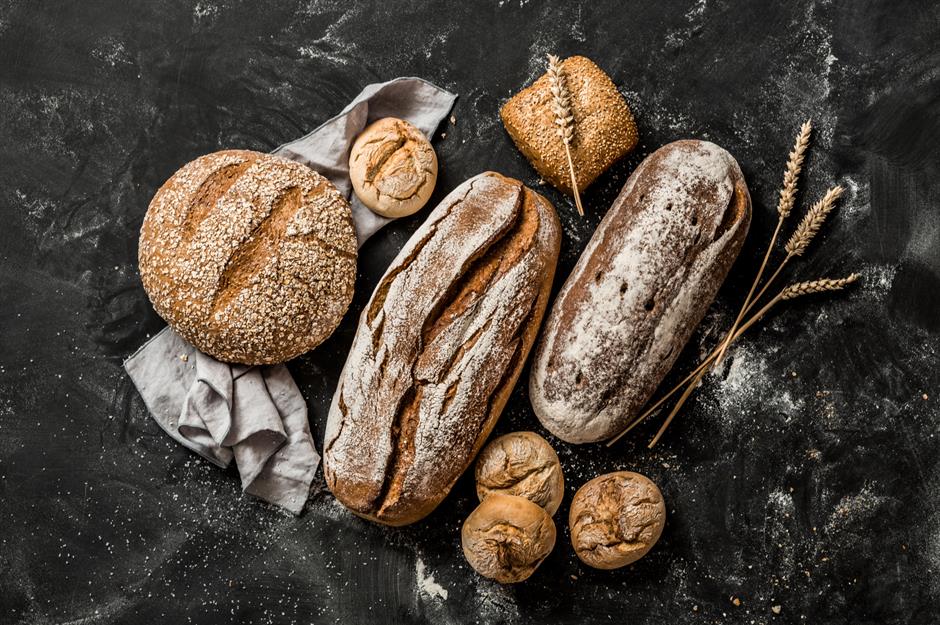
Of all bread purchased in the US, 20% is wasted in the home. If you buy sliced bread, you can extend its life by keeping it in the fridge, or in the freezer for even longer. Whizz up stale bread to make breadcrumbs or bake cubes of bread tossed in oil in the oven to make croutons for soups and salads. The Italians use up their stale bread in a great tomato salad called panzanella.
Milk
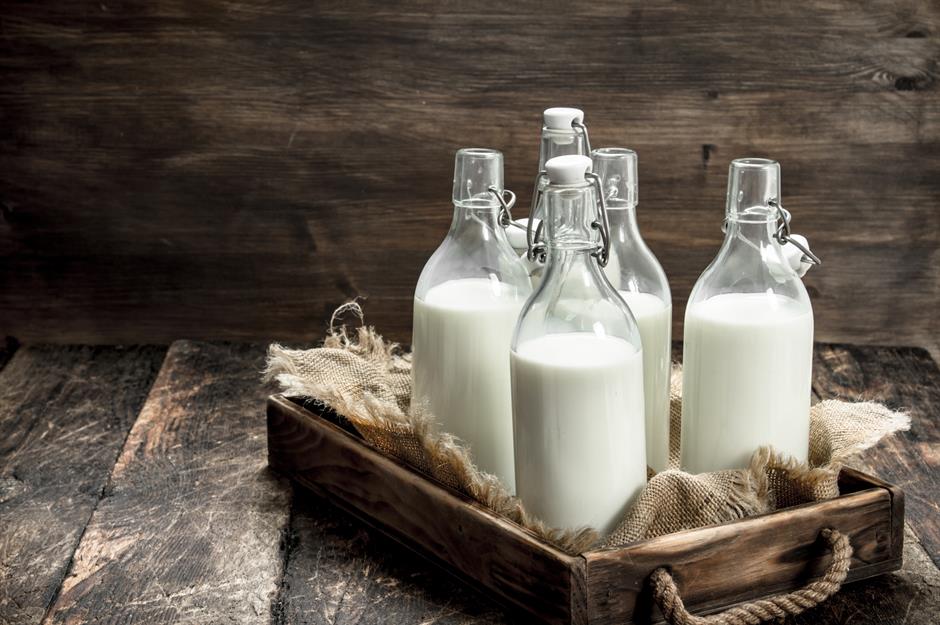
According to research by Edinburgh University, one in six pints of milk around the world is lost or wasted. When buying milk, check the use-by date in the store, and buy the longest life you can find. Always keep milk in the fridge and remember if some of the family are away, you don't need to buy as much.
Yogurt
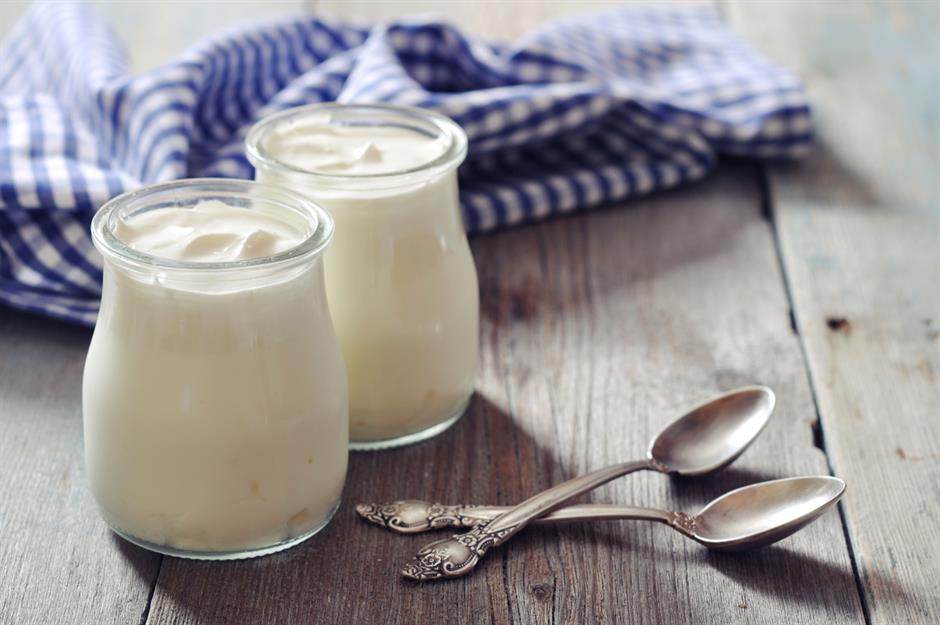
There should be no need to throw out yogurt. It will be fine for a few days after its use-by date. Trust your nose and palate – if it smells and tastes OK, keep using it. If you often throw it out, you're definitely buying too much! Try to buy in smaller quantities or use it more; as a topping for cereal and granola, as a dessert with fresh fruit, added to soup or add chopped fresh herbs to use it as a dip.
Cream
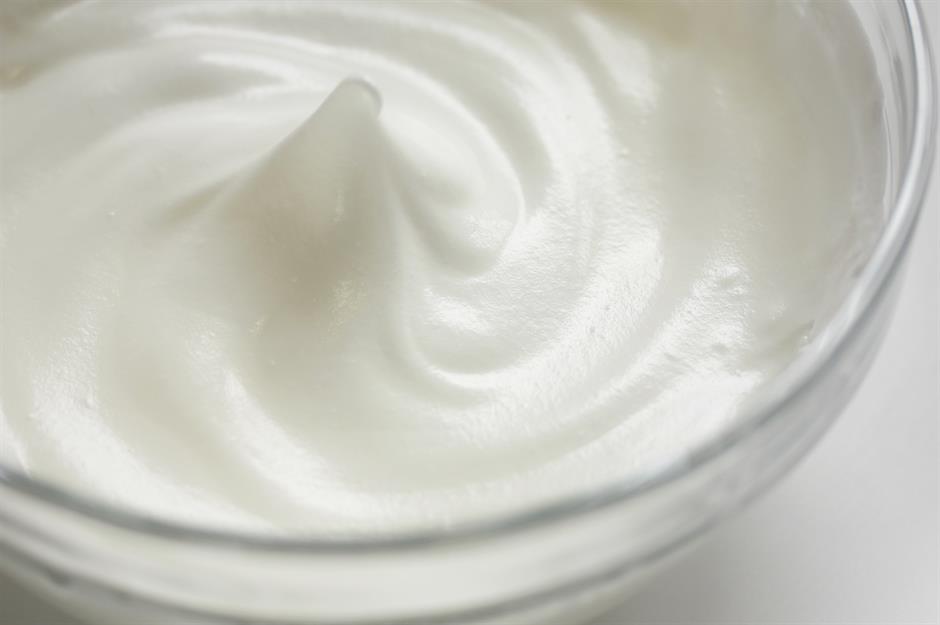
A whopping 90% of us throw out food before it goes bad. Cream, like yogurt, will always keep a little longer than its use-by date. Your nose and eyes will soon tell you if it's off! If a recipe just calls for a few spoonfuls to enrich a soup or sauce, switch to buying crēme fraîche which has a much longer shelf life than double/heavy cream.
Most wasted: fruit and vegetables
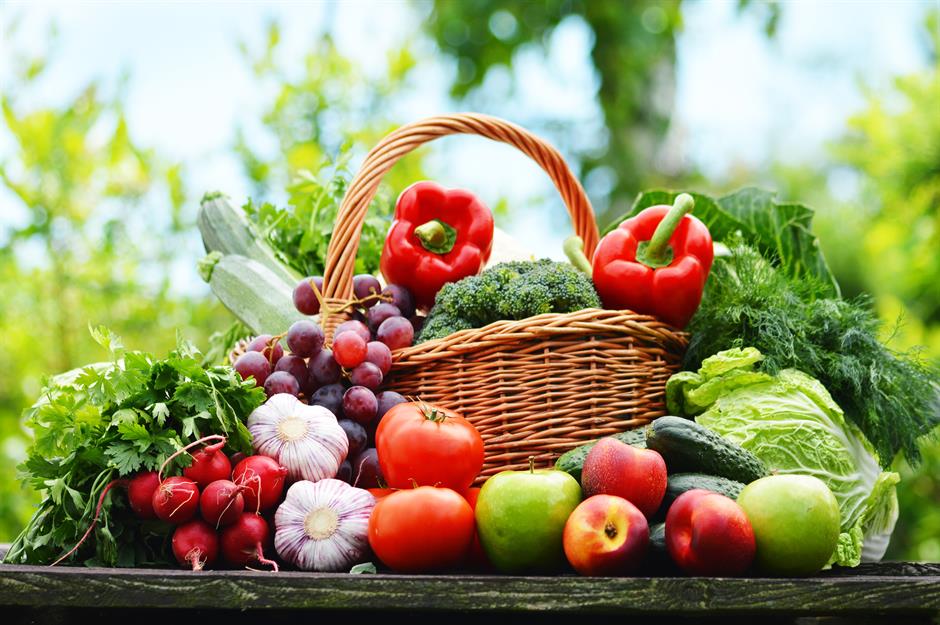
According to the Food & Agriculture Organization of the United Nations, fruit and vegetables have the highest wastage ratio of all foods in the world, and a third of that is wasted in the home. So we all have to do our bit to use up our produce in the kitchen, improve our shopping habits and plan our meals better. Check your fridge before you go shopping and make a list.
Cucumber
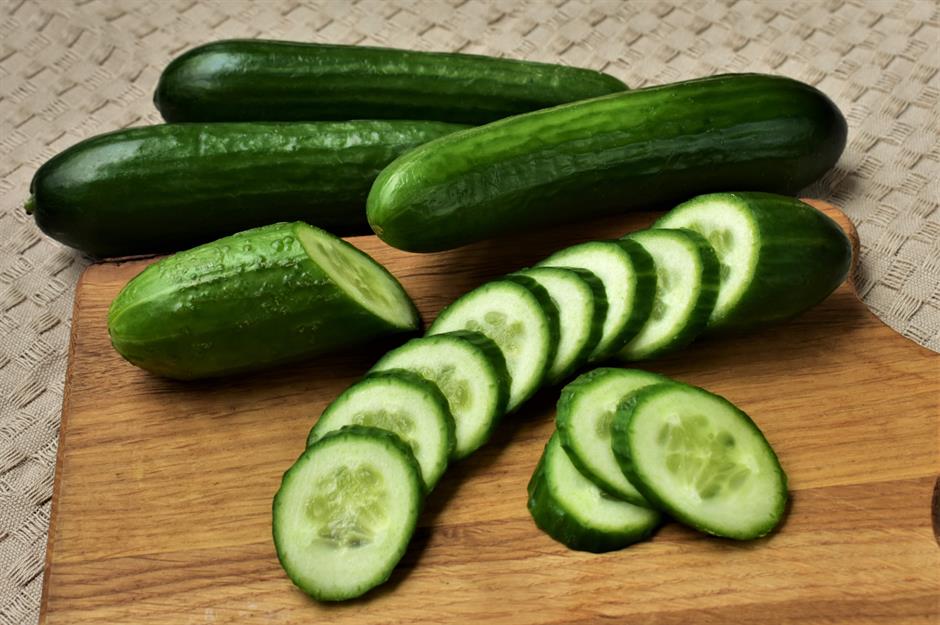
How many of us are guilty of finding that soggy half cucumber in the back of the fridge? You could buy the smaller, Lebanese cucumbers instead of the English cucumber – they are less watery too. Or to use up cucumber before it goes soggy, try adding it to your morning green juice, or use it in a mocktail.
Herbs
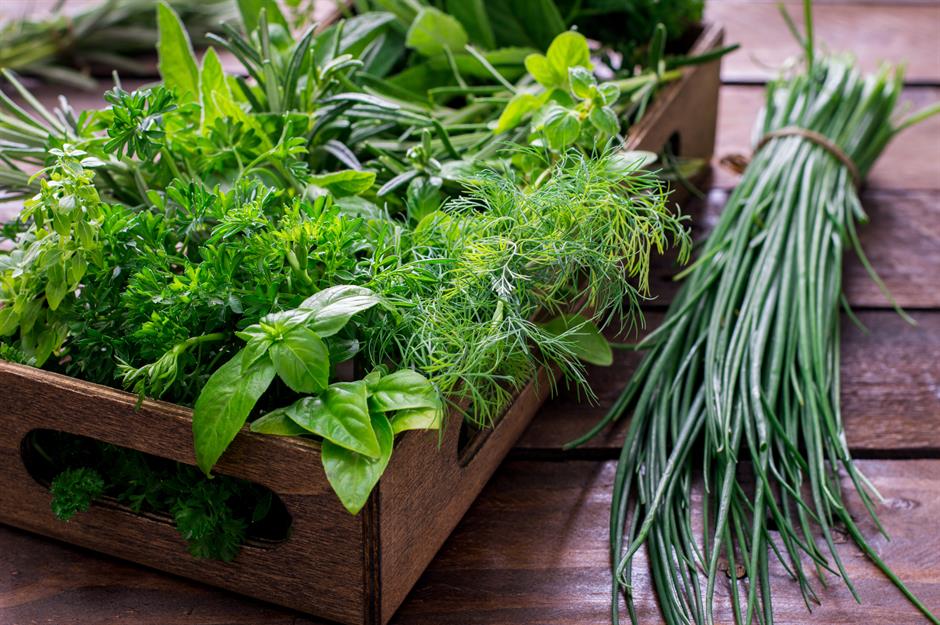
Beetroot
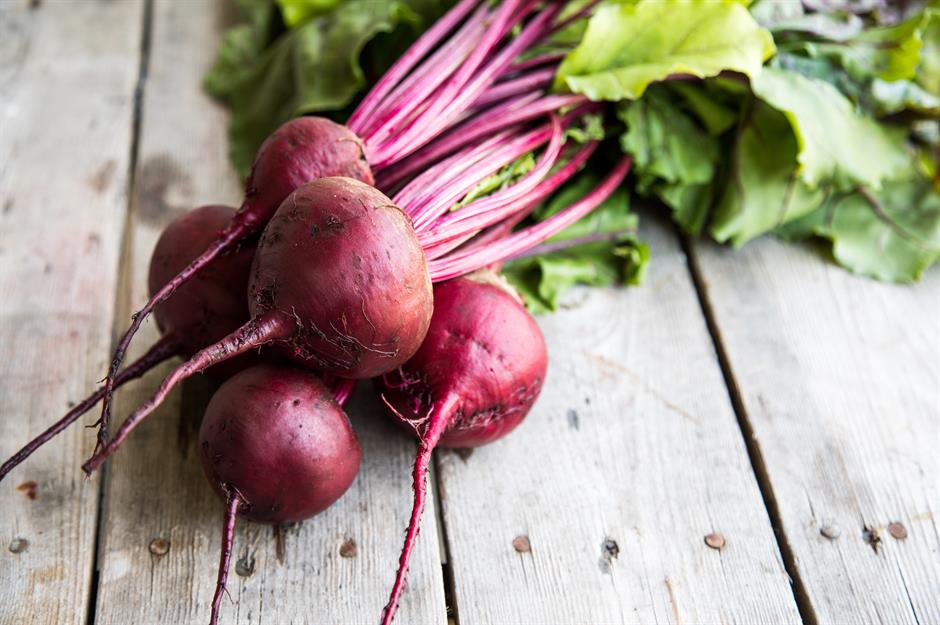
You've had to buy a bunch of beetroot, but only need half of it. Or it looked so pretty on the shelf, you couldn't resist it. Rather than leave it lingering in the fridge, cook the whole bunch. Cooked beetroot can be used in salads, juices and soups.
Bell peppers
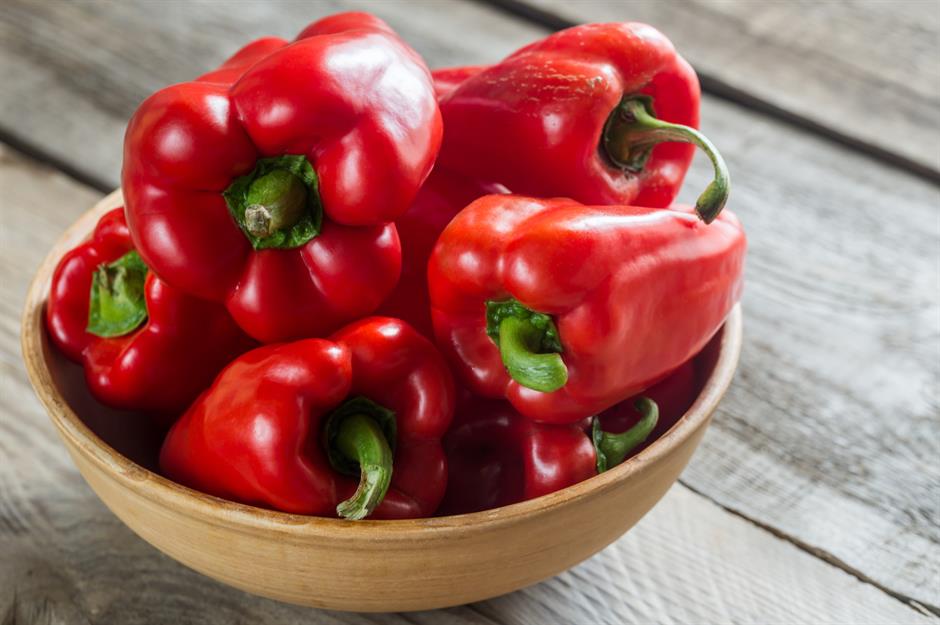
If you've bought peppers to roast for a recipe, why not roast the whole bag? They will keep for much longer in a sealed container with some olive oil, then they can be added to pasta sauces and salads. They make a really tasty soup too.
Carrots
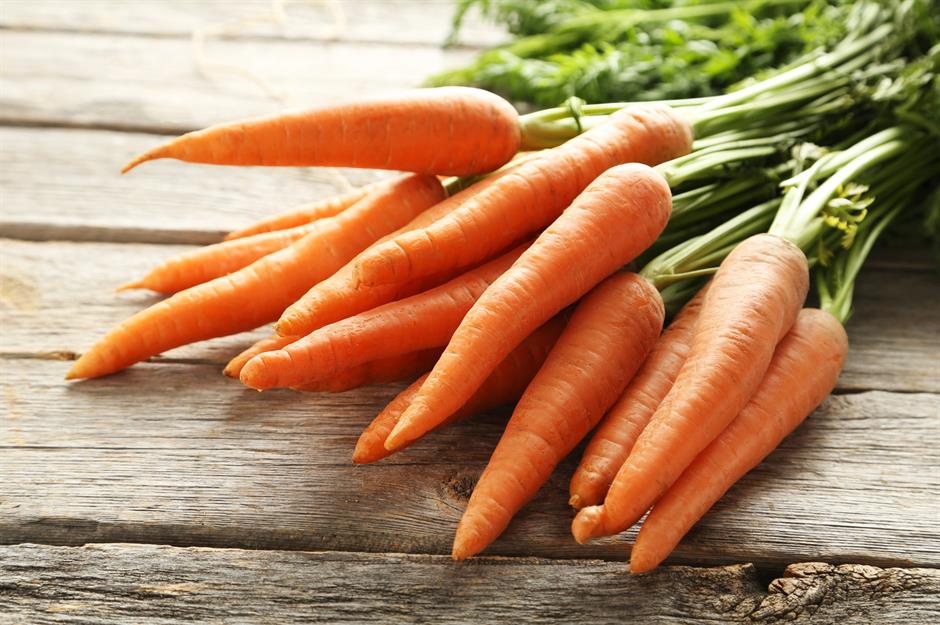
Carrots invariably come in large bags, hence the waste. It's worth finding out if there's a greengrocer in your area where the fruit and vegetables aren't pre-packed and you can just buy what you need. Failing that, use extra carrots in juices, casseroles or grate them raw in a salad.
Get the recipe for spiced carrot, apple and lentil soup here
Tomatoes
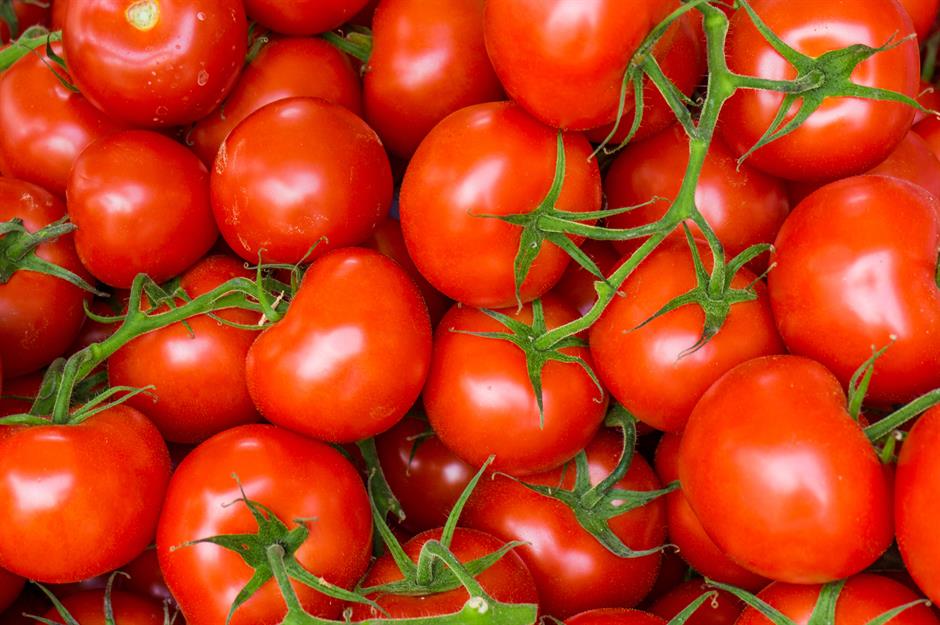
Raw tomatoes need to be served at room temperature to maximise their flavour. Problem is, they go soft and mouldy much faster than if they're stored in the fridge. So only take out of the fridge the amount you need a few hours in advance of serving. And if you have loads in the fridge, whip up something tasty to use them up.
Dark green vegetables
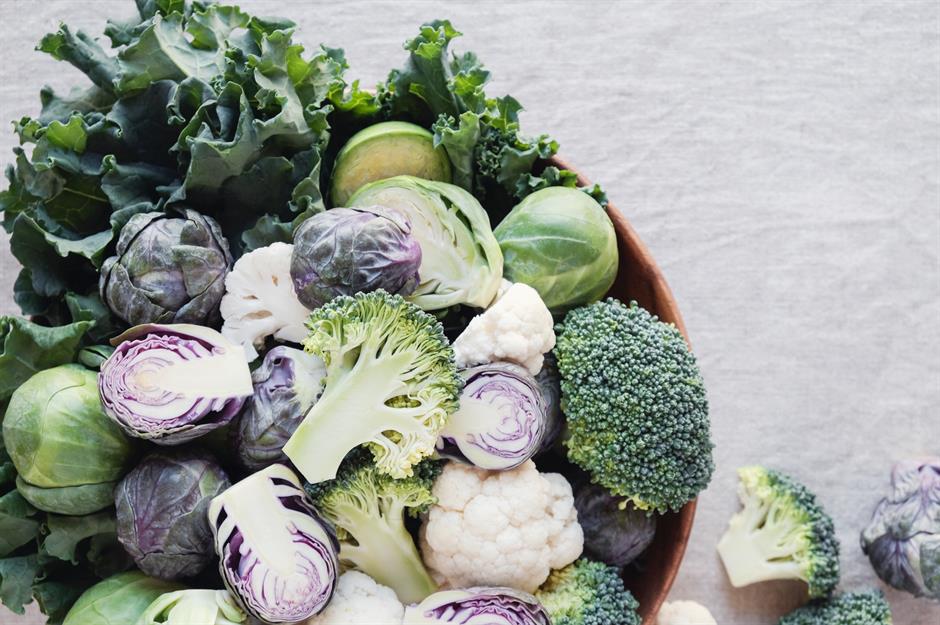
There is no need for brassicas – kale, broccoli, cabbage and Brussels sprouts, for example – to be thrown away. Use them in green juicing or shred them and add to stir-fries. Cabbage is ideal to use in coleslaw, not forgetting to put the sprouts in, while broccoli is fantastic in a quiche.
Bananas
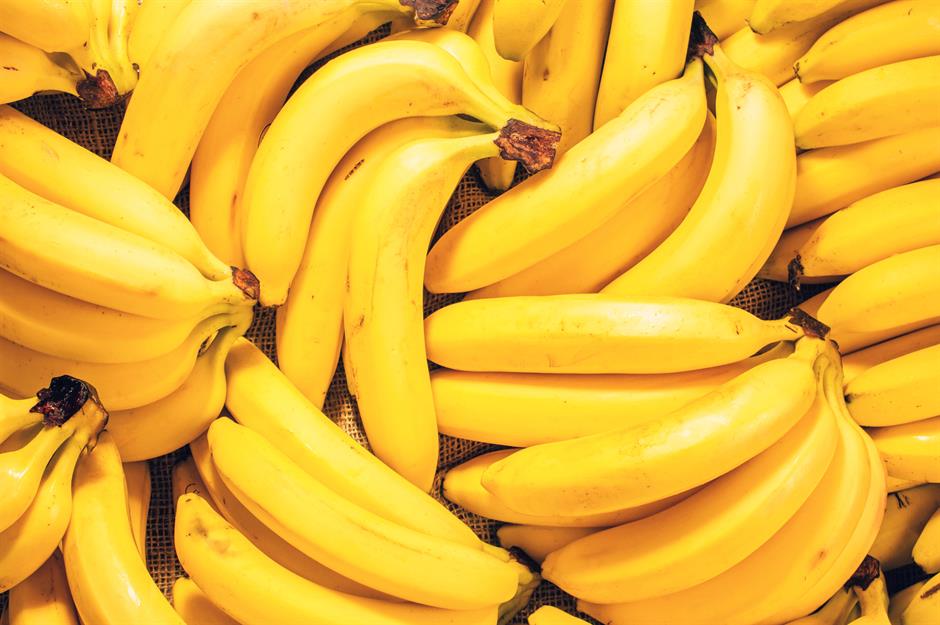
It's believed that 1.4 million bananas are thrown away throughout the world every day. Yet bananas have so many uses. Make banana ice pops by putting chunks on sticks, freeze, then dip in melted chocolate and freeze again. Add them to smoothies, and overripe bananas make a great banana bread – you can even freeze them in their skins until you are ready to bake.
Bagged salads
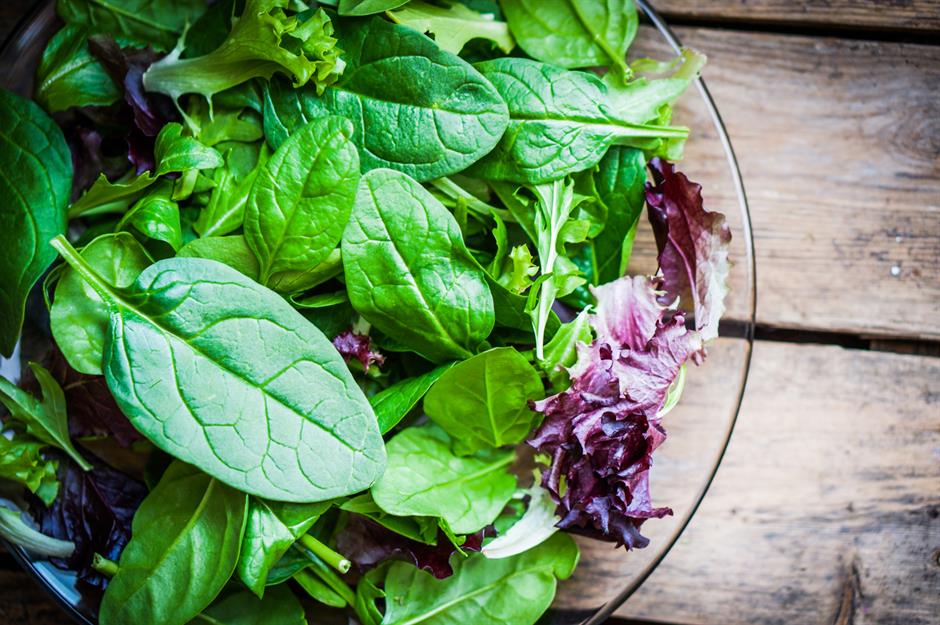
According to research, bagged salads are the second highest food thrown away in the UK. We buy them for convenience, but they turn slimy very quickly, especially if the leaves are small and fragile. If you do buy them, once home, transfer them to an airtight plastic box. Maybe change your salad-shopping habits and buy a whole lettuce (romaine and cos last well) which is still on the stalk, then just take off the leaves as you need them. Store in the salad chiller drawer.
Now discover the foods you do and don't need to throw out after their expiry date
Apples
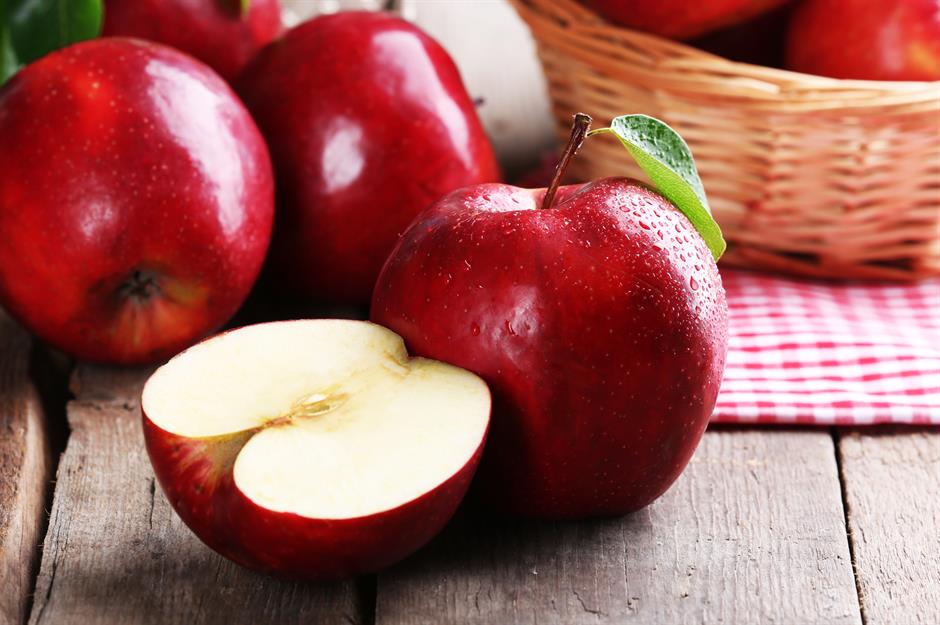
The Love Food, Hate Waste campaign estimates that a staggering 4.4 million apples are thrown away every day in the UK alone. How can we reduce this? Buy "ugly" apples, the imperfect ones which taste completely fine but don't look so great, to discourage farmers from dumping them. Use apples in juices and smoothies, make apple sauce or purée to freeze, or bake them into a cake.
Now discover these 30 tried and tested tips to organise your freezer
Comments
Be the first to comment
Do you want to comment on this article? You need to be signed in for this feature
Most Popular
Reviews 31 unbelievably sugary cereals from around the world